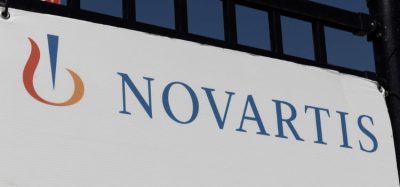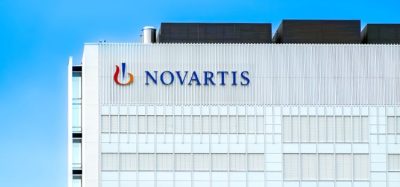NHS England approves the use of two cannabis-based drugs
Following guidance from the drugs advisory body NICE, two cannabis-based medications have been approved for treatment by the NHS in England.
After the assessment of several products for various conditions, cannabis-based Epidyolex and Sativex have been accepted as viable treatments for severe epilepsy types Lennox Gastaut syndrome and Dravet syndrome, and specific symptoms for multiple sclerosis, respectively.
Despite Epidylolex having been approved for use in Europe in September, NICE initially discounted its use, claiming it was not good value for money. The medicine costs £5,000-£10,000 per patient per year. However, the manufacturer GW Pharmaceuticals has since agreed to lower this price for the NHS.
There is estimated to be 3,000 people with Dravet syndrome and 5,000 with Lennox Gastaut syndrome in England.
Approved cannabis-based medicines
Epidyolex is an oral solution that contains cannabidiol (CBD) and has been found in clinical trials to reduce the number of seizures experienced by children by up to 40 percent.
The mouth spray Sativex, however, contains both CBD and tetrahydrocannabinol (THC), the psychoactive ingredient that produces a ‘high’ in drug users. According to the BBC, it has been approved for treating muscle stiffness and spasms, known as spasticity, in multiple sclerosis (MS), but doctors will not be allowed to prescribe it to treat pain.
Although charities have welcomed this decision, some parents who currently pay thousands of pounds for medications from abroad believe it does not go far enough.
Response to NICE news
Professor Helen Cross, a consultant in paediatric neurology at Great Ormond Street Hospital, led the UK trials of Epidyolex and said it was “great news”.
“Dravet and Lennox Gastaut syndromes are both complex difficult epilepsies with limited effective treatment options and this gives patients another option… that could make a difference to care,” she said.
Galia Wilson, chairwoman of Dravet Syndrome UK, said: “Many families come to us asking about the potential of cannabis-based medicines, particularly cannabidiol, and we are thrilled that one is now available on the NHS.”
Having reported significant seizure reductions from the use of imported drugs, however, some campaigners are unhappy that their children suffering with epilepsy will not be granted access to medicine containing both CBD and THC.
The campaign group, End Our Pain, said the new guidelines were a “massive missed opportunity”.
Spokeswoman Millie Hinton said: “This restrictive guidance is condemning many patients to having to pay for life-transforming medicine privately, to go without or to consider accessing illegal and unregulated sources.”
Missed opportunity to ease pain
Multiple sclerosis charities feel similarly that the NICE guidelines do not go far enough. According to the BBC, Genevieve Edwards from the MS Society said they had been campaigning for access to Sativex for years and “it was brilliant NICE has finally listened”.
However, the ommission of authorising the medication to treat pain, which is a common symptom of MS, is disappointing for the society. Edwards also pointed out that people could miss out on access to treatment “because Sativex would be funded by local bodies who might not have the resource they need to prescribe it”.
Ley Sander, medical director at Epilepsy Society and professor of neurology at UCL, said: “The need for new treatment options is unquestionable and it is reassuring that the new medication has been through clinical trials and regulatory processes.
“But the time frame for these means we still cannot be certain of the long-term efficacy of this CBD product or what its effect might be on the developing brain. It is important to remember that this is not a magic bullet. Like other anti-seizure medications, it is likely to work for some but not for others.”










